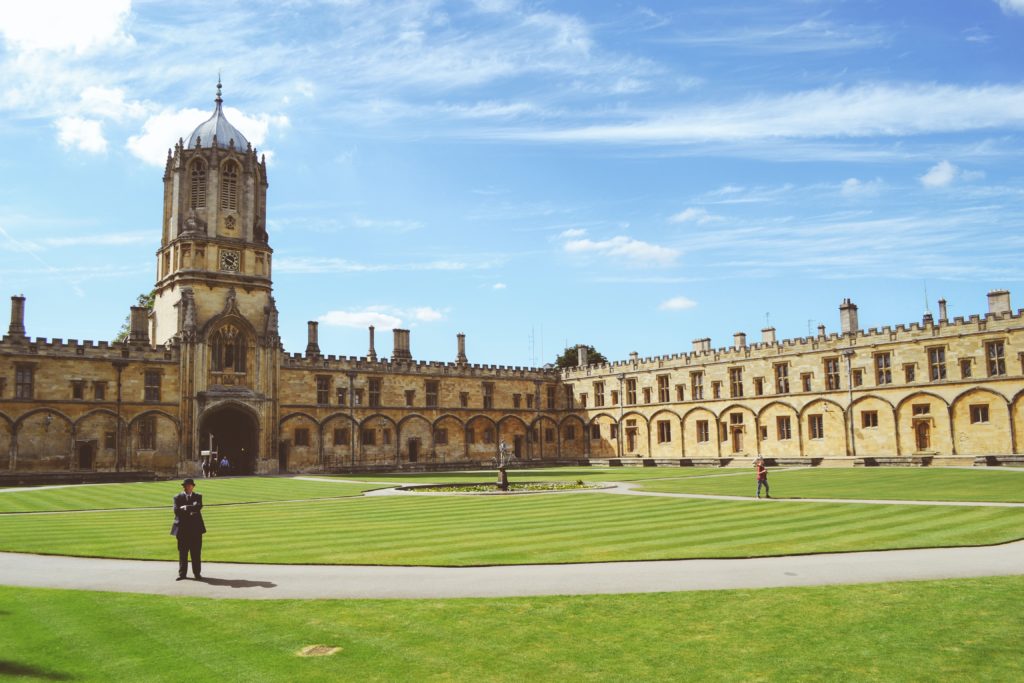
The Non-Resident Fellowship supports social sector leaders to work on a year-long project in the fields of ‘Digital Civil Society’ or ‘Race and Technology’. Applications from applicants based outside the USA are welcome but applicants must make their own visa arrangements.
About
The Non-Resident Fellowship supports social sector leaders to dedicate time to working on ideas that apply to broad swaths of civil society but that may not quite fit into their “day job.” The fellowship provides time, space, expertise, and financial support to help turn ideas into prototypes or action, and to build a cohort of fellows to support ongoing learning and community.
Each fellow will pursue a project or set of activities of their own design over the course of the fellowship. Fellows are expected to engage as a cohort with the other Non-Resident Fellows as well as with Stanford postdoctoral fellows, faculty, and student researchers.
Funding and Support
- A $20,000 stipend, paid at the beginning of the fellowship, to support work on a year-long project.
- A week-long in-person convening of the cohort on the Stanford campus, January 20-24, 2020.
- Travel support to cover the cost of attending the January 2020 week-long convening.
- Project support up to $5,000 to support additional project-related travel and expenses as appropriate.
- Mentorship from fellowship directors and access to fellowship alumni from previous cohorts.
Track 1: Digital Civil Society
Fellows on this track will be primarily affiliated with the Digital Civil Society Lab (DCSL) at the Stanford Center on Philanthropy and Civil Society. DCSL fellows will join CCSRE fellows for orientation week in January 2020 and will work closely together as part of the same cohort throughout the yearlong fellowship term.
The digital age has expanded the potential for civil society while presenting new challenges and threats to its healthy operation. Our dependencies on digital software and infrastructure that are commercially built and government surveilled require new insights into how these digital systems work and how we can safely and ethically engage them for civil society’s purposes.
Previous DCSL fellows have built online tools for understanding privacy regulations, drafted new data governance mechanisms, and incubated a digital security exchange. Learn about the current and former cohorts of DCSC Non-Resident Fellows.
Track 2: Race and Technology
This year, between one and three fellowships will support fellows working on a challenge related to racial equity. These fellows will be hosted by the Center for Comparative Studies in Race and Ethnicity in partnership with DCSL and the Stanford Institute of Human-Centered Artificial Intelligence. These fellows will join DCSL fellows for orientation week in January 2020 and will work closely together as part of the same cohort throughout the yearlong fellowship term.
As part of their project, these fellows will have the opportunity to work with undergraduate students to assist on the project in conjunction with a Spring quarter course on Digital Civil Society taught by DCSL Director, Lucy Bernholz. Fellows could also have the opportunity to work with summer interns to support their project full-time for 8-10 weeks. Finally, fellows could also assist in designing a Race and Technology Action Summit, bringing together practitioners and scholars to address pressing racial equity challenges related to technology.
Application
Interested applicants should complete the online application during the application window. Applications close on 30 September 2019.
Contact and Information
Inquiries may be directed to Laura Seaman, Associate Director of the Digital Civil Society Lab.
For more information, please visit https://pacscenter.stanford.edu/dcsl-non-resident-fellowships/
